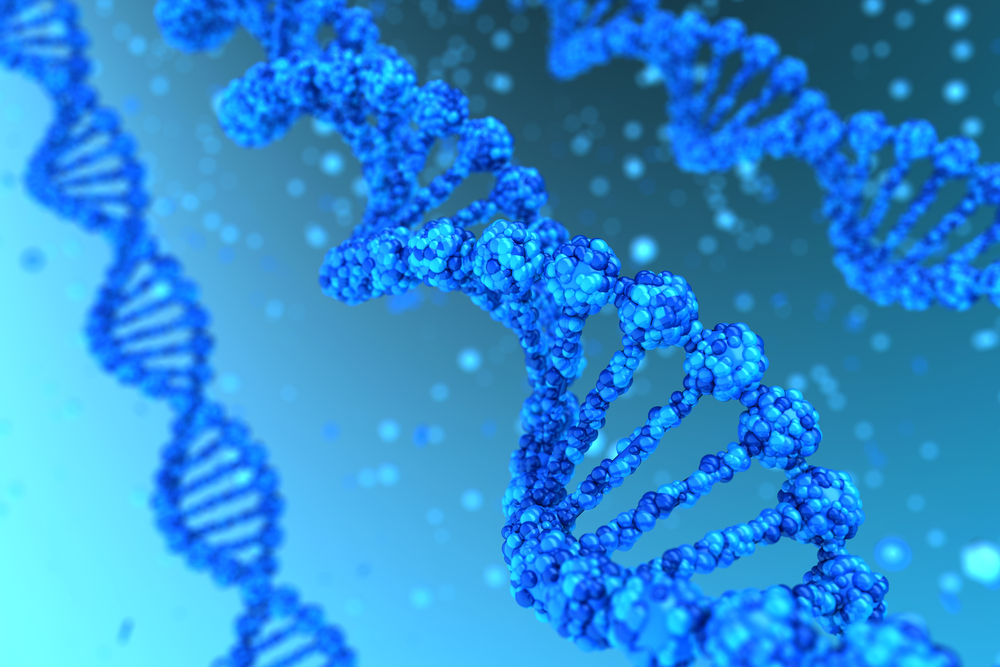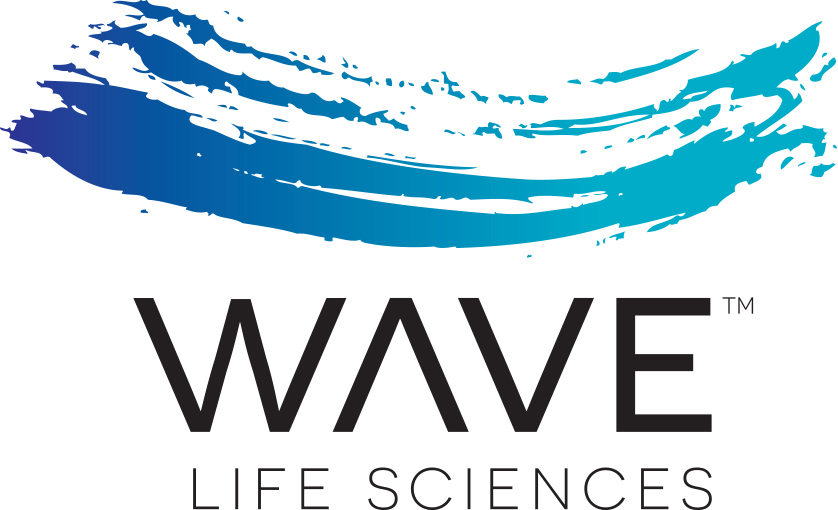Wave Planning to Start Clinical Testing of its Exon 51-Skipping Therapy for DMD in 2017

Wave Life Sciences, Ltd., is planning to begin clinical testing of its next-generation nucleic acid therapy for patients with Duchenne muscular dystrophy (DMD), which the company says has shown promise in pre-clinical trials. Its initial DMD candidate skips exon 51 in the dystrophin gene.
Data from early studies showed a roughly 25-fold improvement in exon-skipping efficiency — in comparison with drisapersen and eteplirsen — suggesting a potential to restore the production of functional dystrophin. The proprietary muscle targeting technology also demonstrated considerable improvement in distribution to critical tissues in animal models, including skeletal, diaphragm and heart muscle, the company reported in a press release.
Wave will start Investigational New Drug (IND)-enabling studies of its drug candidate this year, and plans to initiate a first clinical trial in both ambulatory and non-ambulatory DMD patients in the second half of 2017. That trial will assess preservation of walking ability, as well as heart and lung function.
“We recognize the acute need of the Duchenne community for therapeutic options to address this devastating disease, and also appreciate regulators’ requirements for strong, well-validated, scientific evidence. Our goal is to fulfill both of these needs by bringing forward optimally designed drugs through robust clinical trials,” Paul Bolno, MD, MBA, president and chief executive officer of Wave Life Sciences, said in a press release. “Based on the strong preclinical data we’ve seen to date, we are highly encouraged that we are on track to develop exon-skipping medicines that maximize potency with a favorable safety profile. In addition, we plan to conduct rigorous, well-designed clinical trials that explore various predictive biomarkers and evaluate comprehensive endpoints.”
As part of its DMD commitment, Wave has also extended its ongoing research collaboration with the University of Oxford to advance stereopure nucleic acid therapies for DMD across exons. Oxford researchers are working with Wave to use the company’s proprietary platform to enhance oligonucleotide approaches, including exon-skipping, to address dystrophies.
“The data we have seen to date using Wave’s novel approach to exon-skipping in DMD is very promising. I believe that academia and industry, working together, may be on the verge of a veritable medical revolution where we can potentially effectively and durably treat genetically based diseases such as DMD,” said Matthew Wood, MD, professor of Neuroscience, Department of Physiology, Anatomy and Genetics, at Oxford. “Collaborations between academia and industry are critical now more than ever in order to collectively harness the latest scientific advancements to rapidly progress therapies for patients. We look forward to expanding our collaboration with the WAVE team and advancing the potential and benefits of stereopure oligonucleotide approaches for DMD.”
The company will present its data at the Parent Project Muscular Dystrophy’s (PPMD) Annual Connect Conference, taking place June 26–29 in Orlando, Florida.
“We are excited whenever a new company enters the Duchenne space,” said Pat Furlong, PPMD’s founding president and chief executive officer. “Individuals with Duchenne need and deserve options, and we are hoping this will become another tool in our arsenal.”
DMD is a life-threatening X-linked genetic neuromuscular disorder caused by mutations in the gene that encodes for the protein dystrophin — necessary for muscle maintenance and operation. Due to these mutations, DMD patients are not able to produce functional dystrophin, and progressively lose muscle strength. DMD is estimated to affect 1 in every 3,500 newborn boys worldwide. WAVE Life Sciences’ DMD program includes an exon-skipping drug — designed to ‘skip over’ the mutated exon — enabling the gene to code normally and produce functional dystrophin. Around 13 percent of DMD patients are amenable to exon 51 skipping.







